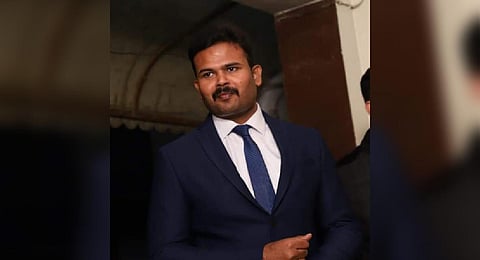

VISAKHAPATNAM: Working with the tribal and local communities to address pressing issues like climate change, deforestation, and habitat loss can be a humbling experience. Take Anant Shankar, an IFS officer and Visakhapatnam District Forest Officer.
He found their understanding of conservation crucial in the projects he undertook in the region, like the successful mangrove restoration programme.
“Local fishermen played a crucial role. The entire process was carried out by hand, without machines. Our primary goal was not just restoration, but ecological restoration,” he says. Everything from choosing the land, understanding the salt levels and tides, picking plant species, deciding when and how to plant, creating planting channels and determining their depth was done by them.
“The success of the entire project hinged on their expertise. They offered us more insights than we provided them,” he shares. Anant and his team are actively engaged in seed collection from the Eastern Ghats, an endeavour central to conservation efforts.
“The assistance of the local tribal communities has been pivotal in obtaining seeds of several plant species teetering on the brink of extinction within the region,” he recalls. These communities also have historical information on species that were once abundant.